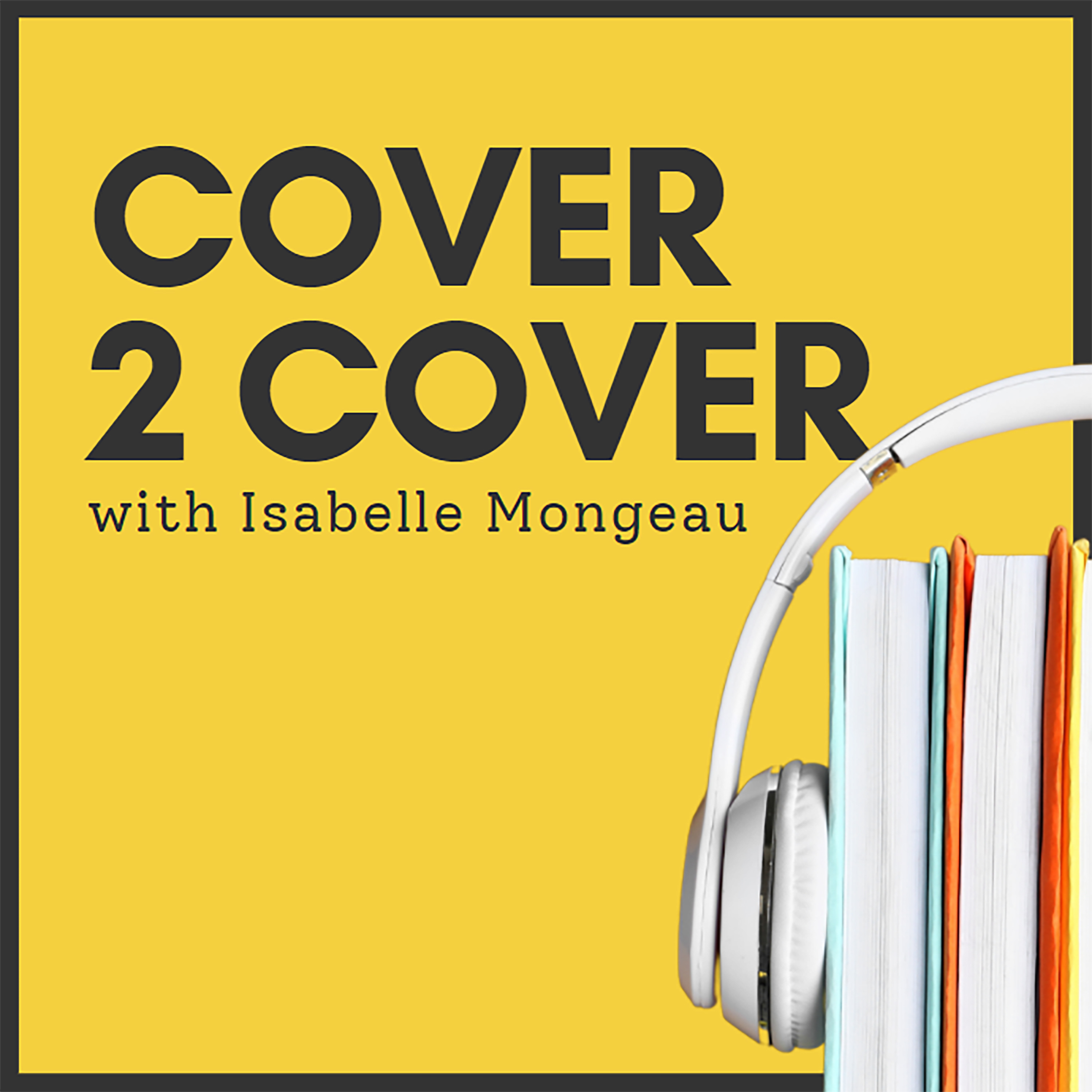Getting In The Flow By Establishing A Writing Routine
- January 31, 2022
- audiobook production, Audiobooks, Cover 2 Cover

Before producing an audiobook, you first have to write one. Writers out there know that’s easier said than done, however. So on this episode of Cover 2 Cover, host Isabelle Mongeau dives into your writing routine.
You might not be a “natural” like Hemingway, King, or Morrison, which means you need to establish a writing routine in order to make meaningful progress. Isabelle details the importance of a writing routine, what your process could look like, and how having a writing partner could improve your accountability and consistency.
If you’re struggling to get in the flow, keep it going, or even get started in the first place; this episode is sure to get you motivated.
Audiobook Writing Process:
Follow Q’d Up:
Listen to Cover 2 Cover:
Episode transcript:
Your phone rings. A facetime from your friend. You switch off the Netflix playing on your laptop. You answer.
“You ready?” your friend Claire says.
“Hey to you, too.” You sit up, brushing crumbs off your chest. “Ready for what?”
“Our writing session! We were going to do a writing sprint together!”
“Right yeah.”
You met Claire at a writer’s meet up a few weeks ago. While others were pontificating about their abstract, philosophical novels, allegories for human’s dependency on technology, or how women aren’t “real” anymore, you and Claire hovered by the coffee and cookies. You found out she was writing a fantasy epic where everyone lives in the mountains and is scared of the valleys. You found out that she just wanted to write a good story and have fun.
Now, every Tuesday night, you do 30-minute writing sprints together. Or you’re supposed to.
“Claire, I don’t know if I can do it today.”
“Come on, why not?”
“Well…” You rub your eyes. “Honestly, I’m exhausted from work. It was a long day.”
“We skipped last week as well.”
“I was exhausted last week too.”
She asks if you want to stop writing. You tell her, no—that’s not it.
Claire sighs. “So what is it?”
Honestly, you don’t know.
Hi and Welcome to Cover 2 Cover, a biweekly podcast that teaches you how to write, produce and market your audiobook. I’m your host, Isabelle Mongeau from Q’d Up Audio and today I want to talk about establishing a writing routine. After all, before you produce an audiobook – you have to actually write one.
When we see depictions of writers in media, they all tend to drink a lot of coffee and alcohol, crumple up some pages, smoke, and then produce the most beautiful thing you’ve ever read. It can be easy to think that’s what it’s supposed to be – that writing is mystical, magical and somewhat painful. That writing an entire book should be as easy as a 2 minute long writing montage in an author’s biopic.
But just because books may feel like magic, doesn’t mean they magically appear. If you’ve started a book, you know this. Life is busy and writing can be tiring – so maybe you just aren’t a natural like Hemingway, King, or Morrison. There’s absolutely no way it’s this hard for everyone else.
I’m here to tell you – well, yes, it is.
But! There’s a way to approach it. Writing a book – no matter the subject or length – is like running a marathon.
And how do you run a marathon? One step at a time.
You should call Claire back. You missed another writing session this week. She thinks that your interest is waning. But that’s not it. How can you explain to her that at the end of the workday, you’re so tired? Then when you skip one writing session, it makes you feel ashamed and not want to go to the next one? And then eventually you’ve spent so much time away from writing that you feel like you couldn’t go back at all.
It has nothing to do with Claire. In fact, you love buddy writing with Claire! You love Facetiming her after 30 minutes to chat about your progress.
So, you see. It’s not that you hate writing. You don’t hate writing with Claire. It’s that writing seems to hate you!
You pick up a pen and paper. Sometimes writing on paper is easier than typing. You scratch a few words onto the paper and look down.
I can’t think right now. I’m so tired.
You throw the pen down. You can’t write a book about being tired! Who would read that? It’d put you to sleep!
You check the time. 10pm. Another later night. Maybe the problem isn’t what you’re writing, but when you’re writing.
There’s a lot of talk in writing circles about the importance of writing routines. Some writers say you have to write every day. Others believe in resting your mind and indulging in other creative activities. Whether we like to admit it or not, we sometimes judge the writer based on how intensive their writing routine is. If we hear of a writer who writes 1,000 words a day every day, we find that impressive. If we learn of a writer who writes for 8 hours every day, that blows us away.
However.
As someone who has been in writing circles in and outside of academia, programs, and even professionally, I can tell you firsthand that the intensity of your writing routine doesn’t matter. In fact, what your actual writing routine is doesn’t actually matter.
What do I mean by this?
Well, you see – the purpose of your writing routine is to help you to, well – write. It’s simply the method that helps produce great work. Just because someone writes 3,000 words a day vs. 300, doesn’t mean they’re a better writer – or vice versa.
I have met and worked with professional writers, full time authors, screenwriters, playwrights, journalists and more. All of them successful in their own right – and none of them have the same routine.
There are writers who write until they hit a certain word limit – 300, 500, 800, 1000 words or more.
I know writers who work for a specific time – 30 minutes, 60, 90 – 4 hours or more.
Other writers believe morning is the perfect time to jot down their thoughts – and some work better at night.
Some pick certain days or certain weeks. Some write with others – or alone.
Personally, I write towards a specific goal post –finishing a script, ending of a chapter, or the final draft of an article. Writers who get up at 5am still baffle and amaze me.
The point is this. You need something that helps you write and continue writing. An intense routine may sound impressive but it can also lead to burnout.
Every writer has a different lifestyle, work process, and even responsibilities. If you’re someone with young kids, your writing routine will look very different than someone who is young yourself. If you’re someone with a full-time job unrelated to writing, you will need a routine that can fit around your job. If you are a freelancer, you need to produce like crazy.
So, whatever approach gets you going and keeps you going is the best approach for you.
You lean back in your chair and crack your knuckles. Staring at your page full of words, you reach for the phone. It’s already ringing. When you answer, Claire starts immediately.
“How’d it go?”
“Amazing,” you say. “About 500 words. You?”
“Also 500.”
You congratulate each other. It’s your best word count in a while.
“So, I guess switching to Sunday mornings was best for both of us,’ Claire says.
You smile because she’s right. The problem wasn’t your motivation or skills. You were just writing on the wrong day. Now, though — you’ve found the best writing routine for you. And you’re going to stick to it.
Request a free quote
We offer high-quality production, distribution, and marketing for podcasts and audiobooks. Contact us today for a free, no obligation quote





